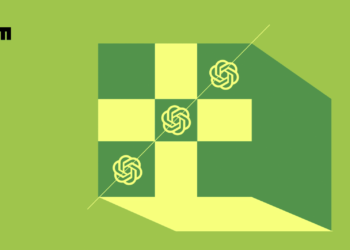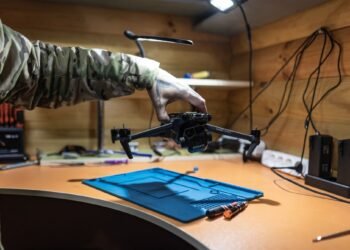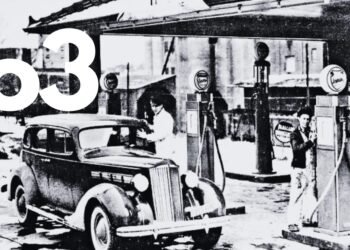In recent years, the use of commercial spyware has increased significantly, with a wider range of actors deploying it against various targets. However, the prevailing belief has been that this type of malware is only used in targeted attacks against a small number of individuals. This has made it difficult for people to check their devices for infection, leading to a reliance on academic institutions and NGOs for forensic techniques to detect mobile spyware. However, a new spyware detection feature launched by mobile device security firm iVerify has shed light on the prevalence of this type of malware. Out of 2,500 device scans submitted for inspection, seven were found to be infected with the notorious NSO Group malware known as Pegasus. This discovery has challenged the narrative that spyware is only used against journalists and activists, as the infected devices belonged to business leaders, government officials, and individuals in commercial enterprises. While seven out of 2,500 may seem like a small number, it highlights the widespread use of spyware around the world. The availability of an easy-to-use tool for detecting spyware compromises may provide a more accurate picture of its usage. NSO Group, the company behind Pegasus, claims to only sell its products to vetted US and Israel-allied intelligence and law enforcement agencies.
A new phone scanner designed to identify spyware has already detected seven Pegasus infections.
0
Related Posts
Leave a Reply Cancel reply
Popular Stories
-
GenAI is expected to contribute 5% of WNS Analytics revenue in FY25, with anticipated growth ahead.
-
US Government Claims Dependence on Chinese Lithium Batteries Poses Significant Risks
-
Bangalore startup raises $300K to develop AI workers for businesses.
-
This startup in Bengaluru has developed the fastest inference engine, surpassing Together AI and Fireworks AI.
-
Some customers are left without a Kindle due to Amazon’s Colorsoft launch.

We bring you the best Premium WordPress Themes that perfect for news, magazine, personal blog, etc. Visit our landing page to see all features & demos.
LEARN MORE »


















